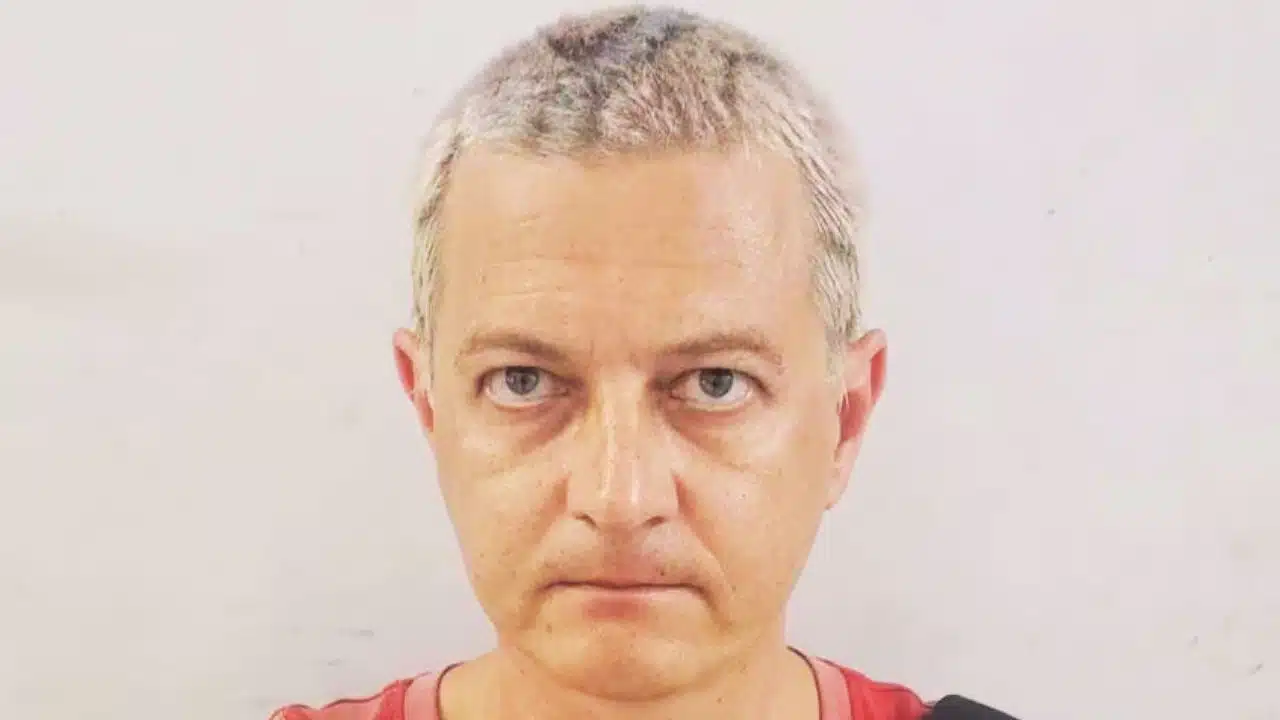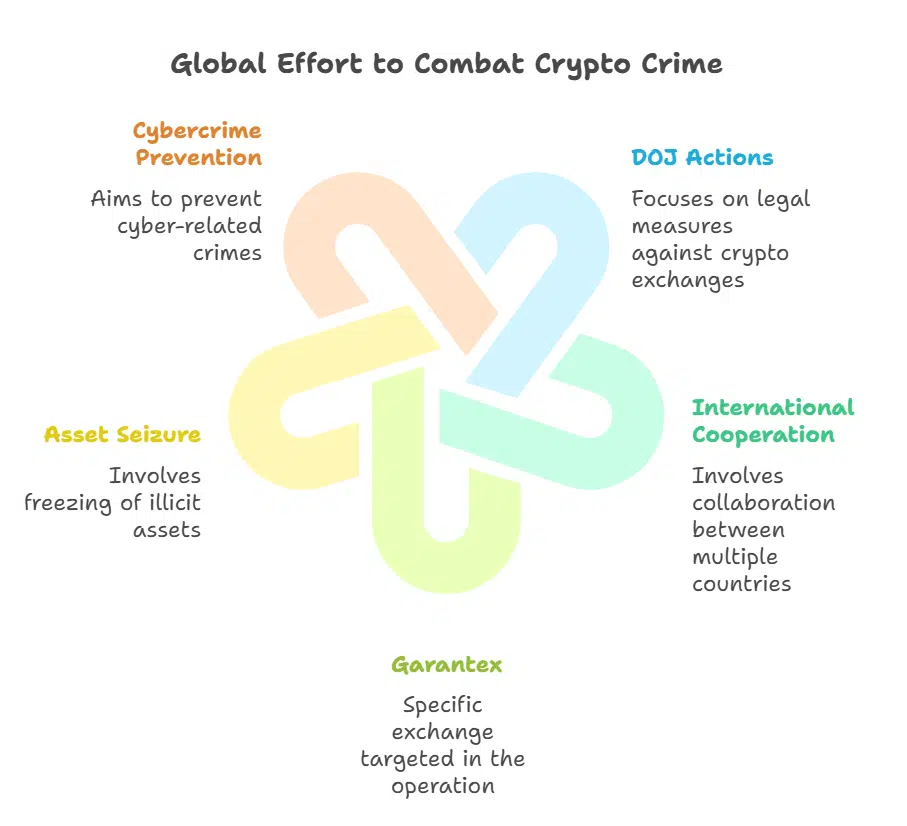In a major breakthrough against illicit cryptocurrency operations, Indian authorities have arrested Aleksej Besciokov, a Lithuanian national accused of running Garantex, a cryptocurrency exchange allegedly used for laundering billions of dollars for cybercriminals, drug traffickers, and terrorist organizations. The arrest was made in Kerala by the Central Bureau of Investigation (CBI) in coordination with local police, following an international manhunt led by U.S. law enforcement agencies.
The Capture of Aleksej Besciokov
Besciokov was apprehended in the southern Indian state of Kerala while reportedly attempting to flee the country. Indian officials confirmed that the arrest was made at the request of the United States under the Extradition Act of 1962. The U.S. Department of Justice (DOJ) is now seeking his extradition to face charges in the Eastern District of Virginia.
The U.S. unsealed an indictment last week against Besciokov and Aleksandr Mira Serda, a Russian national, accusing them of operating an unlicensed cryptocurrency exchange, facilitating money laundering, and violating U.S. sanctions. According to the DOJ, Besciokov was responsible for maintaining the technical infrastructure of Garantex, ensuring its continued operation even after U.S. authorities imposed sanctions.
What is Garantex?
Garantex, a Moscow-based cryptocurrency exchange, was established in 2019 and quickly gained notoriety for processing transactions linked to illicit activities. The U.S. Treasury Department sanctioned Garantex in 2022, citing its involvement in money laundering schemes connected to ransomware attacks, illegal drug sales, and terror financing.
Despite these sanctions, Garantex reportedly continued its operations by restructuring its business model to evade restrictions. According to U.S. investigators, the exchange processed an estimated $96 billion in transactions between 2015 and 2019, with a significant portion linked to criminal enterprises. U.S. authorities accused Besciokov and his associates of designing new methods to bypass financial regulations and deceive legitimate businesses into engaging with Garantex.
U.S. Crackdown on Crypto-Enabled Money Laundering
The DOJ has been aggressively targeting cryptocurrency exchanges that enable money laundering and cybercrime. Last week, U.S. authorities took coordinated action against Garantex by seizing multiple domain names associated with the exchange and freezing over $26 million in assets linked to illicit transactions.
This operation was part of a broader international effort involving law enforcement agencies from the United States, Germany, and Finland. By dismantling the digital infrastructure of Garantex, authorities aim to cut off a major financial channel used by criminal organizations worldwide.
Legal Consequences and Extradition Proceedings
Besciokov faces multiple charges, including conspiracy to commit money laundering, operating an unlicensed money-transmitting business, and violating economic sanctions. If extradited and convicted, he could face decades in prison.
The Indian government is currently reviewing the U.S. extradition request. Given India’s history of cooperation with U.S. authorities in cases involving financial crimes, experts believe there is a strong possibility that Besciokov will be handed over to American officials in the coming weeks.
Implications for the Crypto Industry
The arrest of Besciokov and the crackdown on Garantex highlight the increasing scrutiny that cryptocurrency exchanges face from global regulators. While crypto transactions offer financial freedom, they have also been exploited by criminals to launder money and evade law enforcement.
Regulators worldwide are tightening their oversight of crypto platforms, emphasizing the need for stringent compliance measures. The case of Garantex serves as a warning to other crypto exchanges that fail to implement proper anti-money laundering (AML) and know-your-customer (KYC) procedures.
A Step Forward in the Fight Against Financial Crimes
The takedown of Garantex and the arrest of its administrators mark a significant step in the global effort to combat illicit financial networks. The U.S. and its international partners remain committed to holding accountable those who exploit digital currencies for criminal purposes.
As the legal proceedings against Besciokov unfold, the case underscores the importance of international cooperation in addressing financial crimes. Authorities hope that such decisive actions will deter future attempts to use cryptocurrency exchanges as tools for illegal activities.
This case continues to develop, and further updates are expected as extradition proceedings move forward.





































